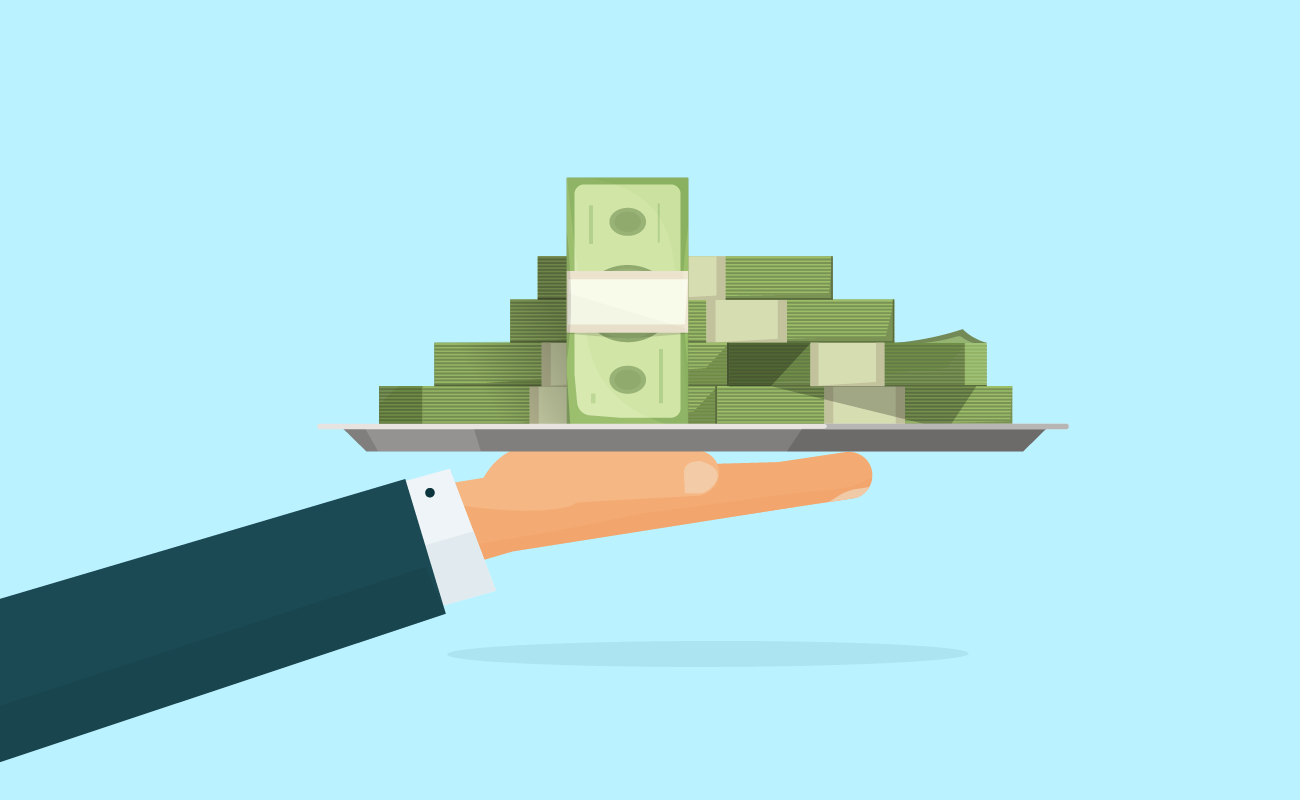
This calculator allows you to enter an initial lump-sum extra payment along with extra monthly payments which coincide with your regular monthly payments. We also offer three other options you can consider for other additional payment scenarios.
For your convenience current El Monte mortgage rates are published underneath the calculator to help you make accurate calculations reflecting current market conditions.
How much money could you save? Compare lenders serving El Monte to find the best loan to fit your needs & lock in low rates today!
By default 30-yr fixed-rate loans are displayed in the table below. Filters enable you to change the loan amount, duration, or loan type.
When you sign on for a 30-year mortgage, you know you're in it for the long haul. You might not even think about trying to pay off your mortgage early. After all, what's the point? Unless you're doubling up on your payments every month, you aren't going to make a significant impact on your bottom line — right? You'll still be paying off your loan for decades — right?
Not necessarily. Even making small extra payments over time can shave years off your loan and save you thousands of dollars in interest, depending on the terms of your loan.

One of the most common ways that people pay extra toward their mortgages is to make bi-weekly mortgage payments. Payments are made every two weeks, not just twice a month, which results in an extra mortgage payment each year. There are 26 bi-weekly periods in the year, but making only two payments a month would result in 24 payments.
Instead of paying twice a week, you can achieve the same results by adding 1/12th of your mortgage payment to your monthly payment. Over the course of the year, you will have paid the additional month. Doing so can shave four to eight years off the life of your loan, as well as tens of thousands of dollars in interest.
However, you don't have to pay that much to make an impact. Even paying $20 or $50 extra each month can help you to pay down your mortgage faster.

Calculating Your Potential Savings
If you have a 30-year $250,000 mortgage with a 5 percent interest rate, you will pay $1,342.05 each month in principal and interest alone. You will pay $233,133.89 in interest over the course of the loan. If you pay an additional $50 per month, you will save $21,298.29 in interest over the life of the loan and pay off your loan two years and four months sooner than you would have.
You can also make one-time payments toward your principal with your yearly bonus from work, tax refunds, investment dividends or insurance payments. Any extra payment you make to your principal can help you reduce your interest payments and shorten the life of your loan.

Pay Off Higher Interest Debts First
Paying off your mortgage early isn't always a no-brainer. Though it can help many people save thousands of dollars, it's not always the best way for most people to improve their finances.
Compare your potential savings to your other debts. For example, if you have credit card debt at 15 percent, it makes more sense to pay it off before putting any extra money toward your mortgage that has only a 5 percent interest rate.
Further, unlike many other debts, mortgage debt can be deducted from income taxes for those who itemize their taxes.
Also consider what other investments you can make with the money that might give you a higher return. If you can make significantly more with an investment and have an emergency savings fund set aside, you can make a bigger financial impact investing than paying off your mortgage. It is worth noting volatilility is the price of admission for higher earning asset classes like equities & profits on equites can be taxed with either short-term or long-term capital gains taxes, so the hurdle rate for investments would be the interest rate on your mortgage plus the rate the investments are taxed at.
Paying extra toward your mortgage may not make sense if you aren't planning to stay in your home for more than a few years. You won't pay down your equity fast enough to make it worth your while if you are planning to move in less than five to 10 years. You should also carefully evaluate the trends in your local housing market before you pay extra toward your mortgage.

Start Paying More Early & Save Big
Want to build your home equity quicker? Use this free calculator to see how even small extra payments will save you years of payments and thousands of Dollars of additional interest cost. Making extra payments early in the loan saves you much more money over the life of the loan as the extinguised principal is no longer accruing interest for the remainder of the loan. The earlier you begin paying extra the more money you'll save.
Use the above mortgage over-payment calculator to determine your potential savings by making extra payments toward your mortgage. Put in any amount that you want, from $10 to $1,000, to find out what you can save over the life of your loan. The results can help you weigh your financial options to see if paying down your mortgage will have the most benefits or if you should focus your efforts on other investment options. As you nearly complete your mortgage payments early be sure to check if your loan has a prepayment penalty. If it does, you may want to leave a small balance until the prepayment penalty period expires.
Explore conventional mortgages, FHA loans, USDA loans, and VA loans to find out which option is right for you.
Check your options with a trusted El Monte lender.
Answer a few questions below and connect with a lender who can help you save today!